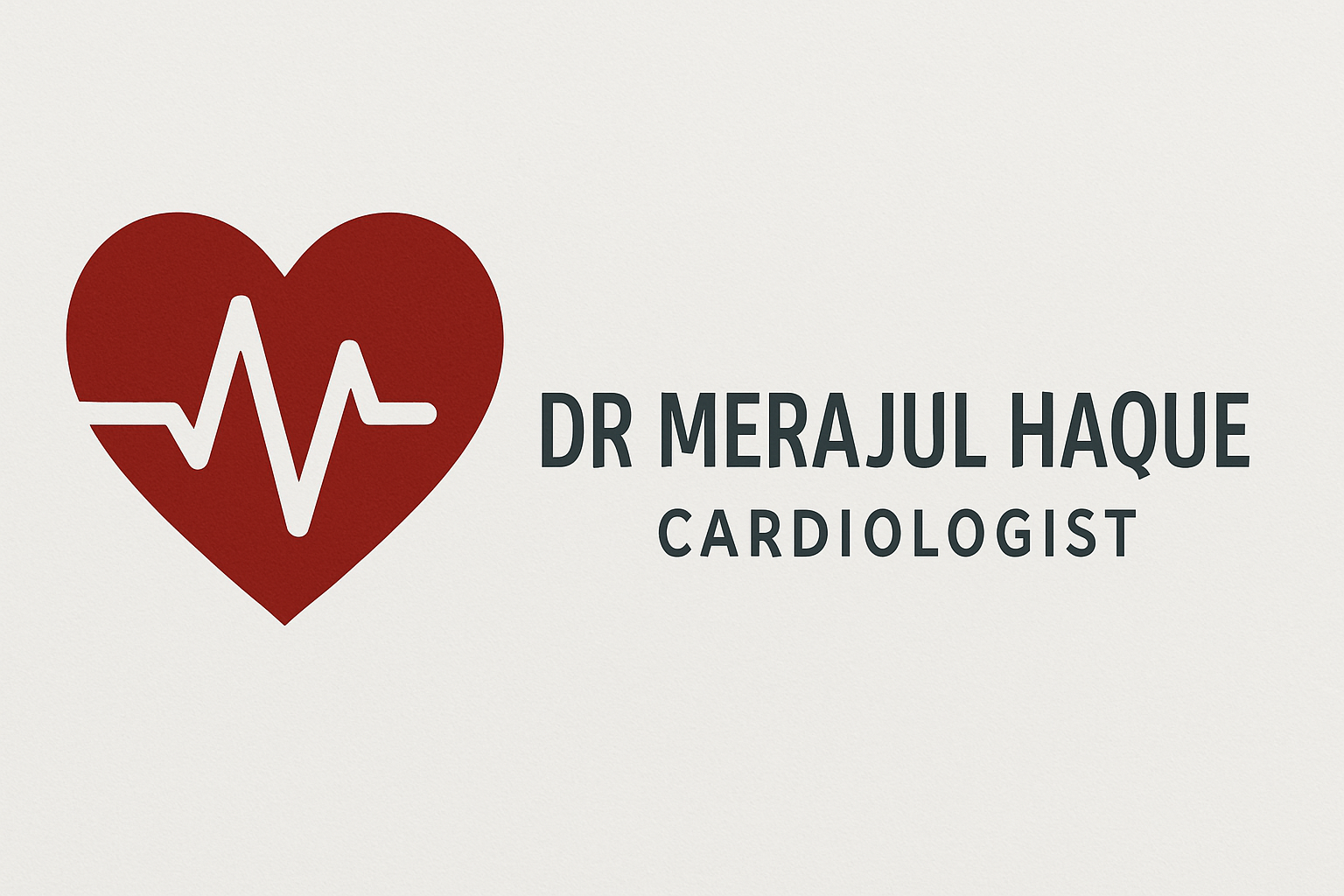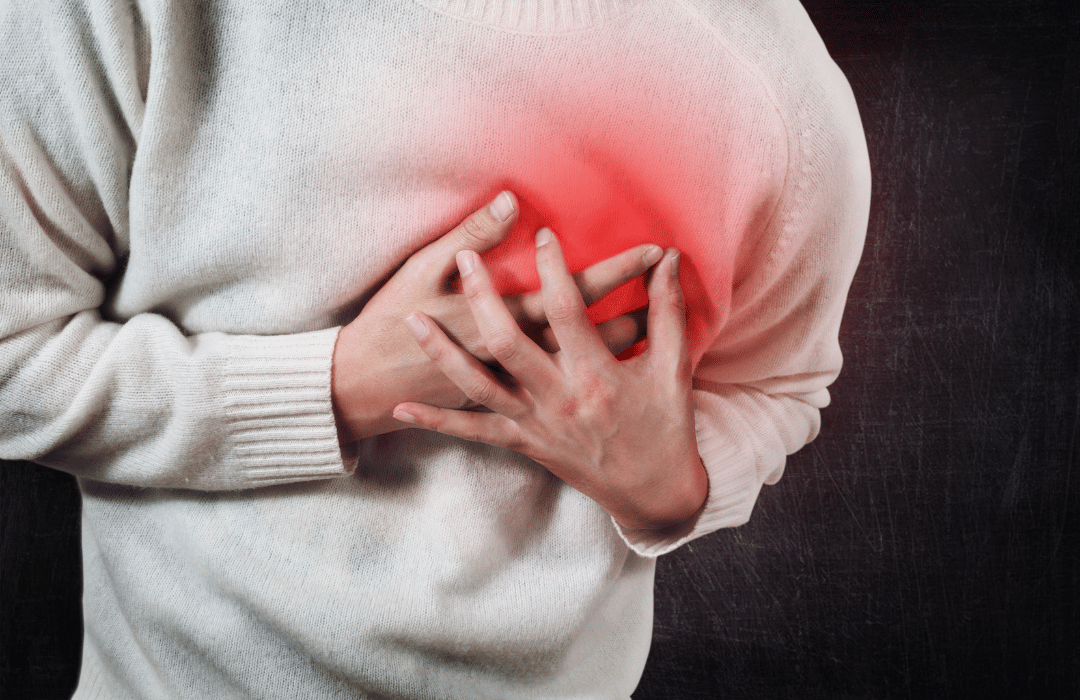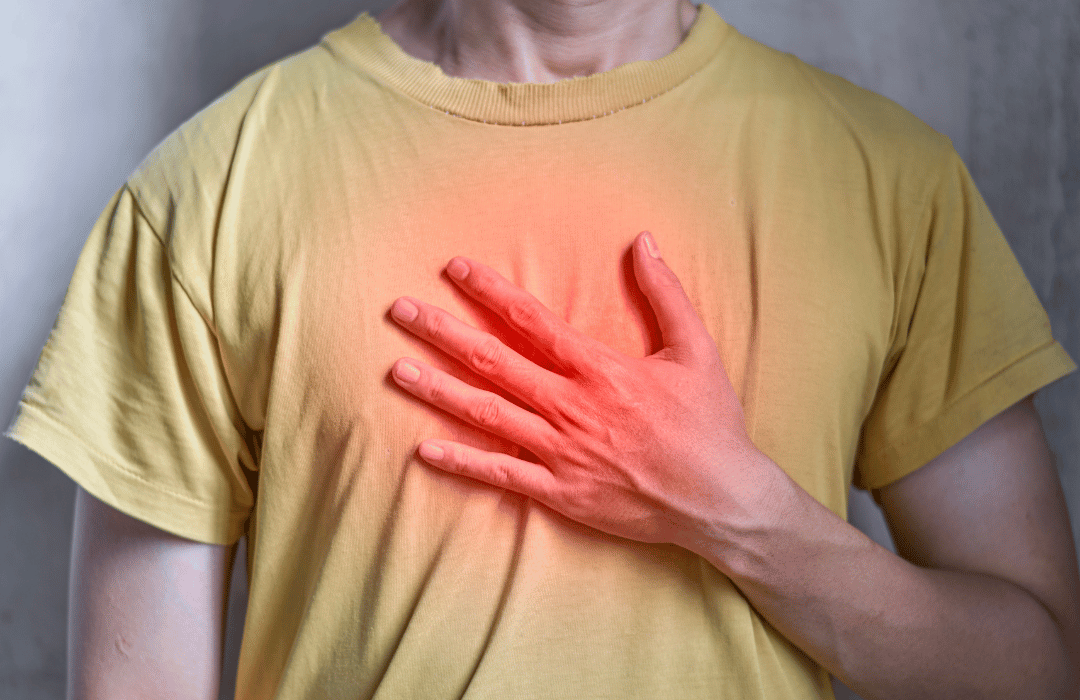Treatment for Chest Pain
- If the chest pain is sudden, severe, or accompanied by symptoms like shortness of breath, sweating, or fainting, emergency medical care is required. Initial treatment in such cases often includes giving oxygen, aspirin to reduce clotting, and nitroglycerin to improve blood flow to the heart.
- When chest pain is related to heart problems such as angina or heart attacks, medications like beta-blockers to reduce heart workload, statins to control cholesterol, and blood thinners to prevent clot formation are commonly prescribed as part of ongoing treatment.
- If the source of chest pain is gastrointestinal, such as acid reflux or ulcers, doctors may recommend antacids, H2 blockers, or proton pump inhibitors to reduce stomach acid and ease the discomfort.
-
- If the chest pain is sudden, severe, or accompanied by symptoms like shortness of breath, sweating, or fainting, emergency medical care is required. Initial treatment in such cases often includes giving oxygen, aspirin to reduce clotting, and nitroglycerin to improve blood flow to the heart.
- When chest pain is related to heart problems such as angina or heart attacks, medications like beta-blockers to reduce heart workload, statins to control cholesterol, and blood thinners to prevent clot formation are commonly prescribed as part of ongoing treatment.
- If the source of chest pain is gastrointestinal, such as acid reflux or ulcers, doctors may recommend antacids, H2 blockers, or proton pump inhibitors to reduce stomach acid and ease the discomfort.
-
Get in touch
Schedule an appointment
Call Us
9219765171


